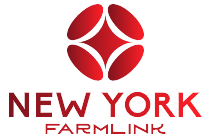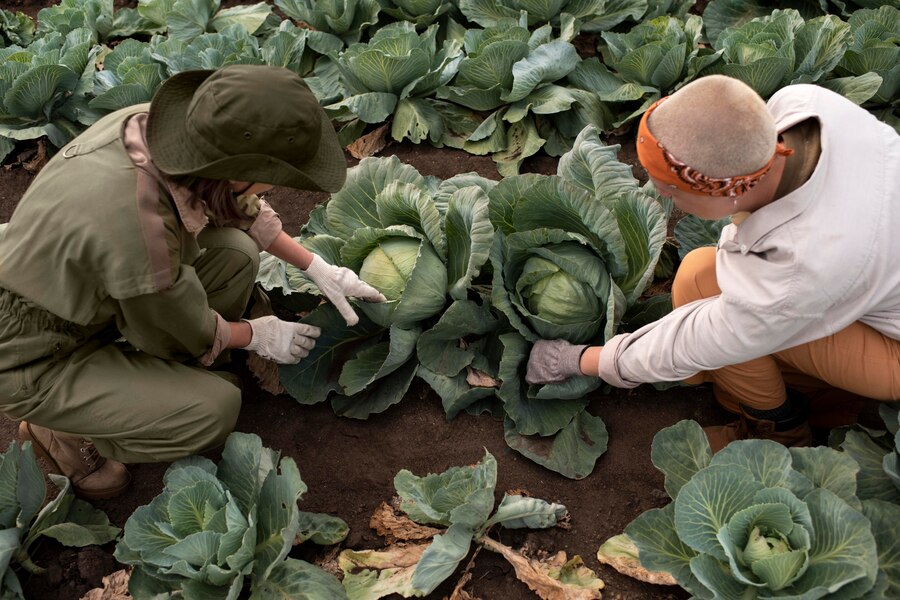Estate planning is a critical aspect of securing the future of a farm, ensuring smooth transitions between generations, and preserving agricultural legacies. Read More
1. Importance of Estate Planning for Farmers
Estate planning for farmers goes beyond traditional wills and trusts. It involves:
- Asset Protection: Protecting the farm assets, including land, livestock, equipment, and crops, from potential risks such as creditors, lawsuits, and unforeseen events.
- Tax Efficiency: Minimizing estate taxes, gift taxes, and other tax liabilities to preserve the farm’s financial resources and ensure liquidity for heirs.
- Succession Planning: Planning for the orderly transfer of ownership and management to the next generation or successors while maintaining family harmony and operational continuity.
2. Key Considerations in Estate Planning
Effective estate planning for farmers includes the following considerations:
- Will and Trusts: Drafting a clear and comprehensive will and establishing trusts to specify how assets should be distributed, manage asset transfers over time, and protect minors or beneficiaries with special needs.
- Power of Attorney: Appointing trusted individuals to make financial and medical decisions on behalf of the farmer in case of incapacity or disability.
- Healthcare Directives: Outlining preferences for medical care and end-of-life decisions through healthcare directives or living wills.
3. Strategies for Estate Planning Success
Successful estate planning strategies for farmers involve proactive measures and professional guidance:
- Start Early: Begin estate planning early to allow sufficient time for strategy development, asset evaluation, and legal documentation.
- Work with Professionals: Consult with estate planning attorneys, tax advisors, and financial planners experienced in agricultural estates to navigate complex tax laws and ensure compliance.
- Consideration of Farm Structure: Evaluate the farm’s legal structure (e.g., sole proprietorship, partnership, corporation) and its implications for estate planning, ownership transfer, and liability protection.
- Family Communication: Foster open communication among family members to clarify expectations, roles, and responsibilities regarding the farm’s future and succession plans.
- Review and Update: Regularly review and update estate planning documents to reflect changes in family circumstances, asset values, tax laws, and agricultural operations.
4. Tools and Instruments for Estate Planning
Farmers can use various tools and instruments to achieve their estate planning goals:
- Life Insurance: Utilize life insurance policies to provide liquidity for estate taxes, debt repayment, and funding buy-sell agreements among farm co-owners or heirs.
- Conservation Easements: Consider placing conservation easements on agricultural land to preserve its agricultural use, reduce estate taxes, and potentially qualify for tax benefits.
- Gifting Strategies: Implement gifting strategies to transfer ownership gradually, take advantage of annual gift tax exclusions, and reduce the taxable value of the estate over time.
- Buy-Sell Agreements: Establish buy-sell agreements to facilitate the orderly transfer of ownership interests among family members, business partners, or shareholders.
Conclusion
In conclusion, estate planning is vital for farmers to protect their agricultural legacy, secure the farm’s future, and ensure smooth transitions between generations. By addressing asset protection, tax efficiency, succession planning, and utilizing appropriate legal instruments and professional guidance, farmers can navigate complexities and safeguard their family’s interests and farming operations.
Proactive estate planning not only preserves financial resources and minimizes tax liabilities but also fosters family harmony and continuity in agricultural stewardship. Embracing comprehensive estate planning strategies empowers farmers to leave a lasting legacy while navigating the challenges and opportunities of agricultural enterprise in the modern era.














